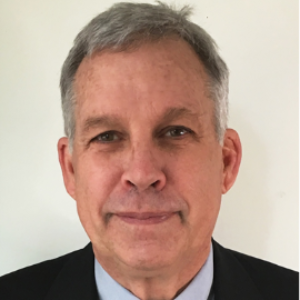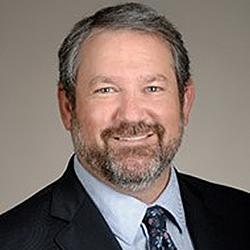Renowned Speakers

Timothy F Christian
Albert Einstein College of Medicine, USA USA

Marie Christine Le Bourdais
Alzheimer Society of Montreal, Canada Canada

Johannes Wancata
Medical University of Vienna Austria Austria

Joshua A. Gordon
National Institute of Mental Health USA
Recommended Global Psychiatry Webinars & Conferences
Europe & UK
Asia Pacific & Middle East
Canada
Clinical Psychology 2026
To Collaborate Scientific Professionals around the World
Conference Date May 25-26, 2026
For Sponsors & Exhibitors
Speaker Opportunity
Useful Links
Past Conference Report
Supported By
All accepted abstracts will be published in respective Conference Series International Journals.
Abstracts will be provided with Digital Object Identifier by
